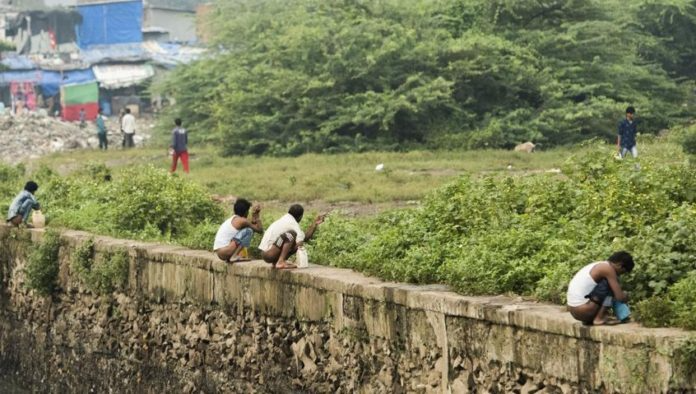Imagine being a student forced to choose between a filthy toilet or the open bush to relieve yourself. This is the harsh reality for many students in schools Sokoto State, where the lack of toilets in schools has not only led to open defecation but also jeopardized health and dignity.
ASHENEWS uncovered the stark contrasts in school sanitation during visits to various schools in Sokoto.
While some schools pride themselves on clean and functional toilets, others struggle with water shortages, financial constraints, or lack toilets altogether, forcing students to resort to open defecation—a practice that fuels the spread of diseases.
When toilets work, hygiene thrives
At Forth International School on Koko Road, the story is different. With a functional borehole and tanks supplying water, students enjoy hygienic toilets that are cleaned weekly.
“I have never seen our toilets dirty. We have a borehole and tanks connected to the toilets, so there is always water,” said Agnes Fidelis, a student of the school.
“We follow a duty roster where girls clean the toilets weekly. We also teach younger students how to use and keep the toilets clean. Everyone uses the toilets because we are not allowed to leave school during the day. Our toilets are always clean. We also have soap to wash our hands.”
Similarly, at High Profit Academy, clean toilets are a priority. Adewale Adeniran, a student, shared how women are hired to clean the toilets daily, ensuring they remain spotless.
“When you walk into our toilets, you feel comfortable. There is always water to flush the toilets. Using our school toilets is easy and comfortable because they’re clean.
“After school, women come daily to clean the toilets and surroundings, so everything stays neat and hygienic. We have two big tanks, so we do not lack water,” he added.
The struggle of schools without water
However, in schools like Vine Champion School on Airport Road, the lack of water creates a sanitation nightmare.
“”I don’t use our school toilets because they’re dirty. We don’t have a borehole, and our principal buys water from vendors only once a week. So, there’s no water to flush,” lamented Omalicha Alex, a student.
She added that, “I prefer to use the bush instead. Some students use tissue paper on the toilet seats, but without water, it’s still unhygienic. Several students use the bush because we see that it is better than using the toilet,” she said.
Teachers at Government Girls Day School Danbuwa echoed this frustration. Mr. Mustapha Muhammad explained how water shortages make it impossible to keep their toilets clean.
“”The toilets are often so dirty that some students prefer using the bush. We created a cleaning schedule for the students, but the main problem is water. Buying water every day is expensive because we have over 10 toilets. The students suffer as a result”, he said.
Schools with no toilets: A grim reality
For students at Total Primary and Secondary School, the situation is even worse—there are no toilets at all.
“Students have no choice but to use the bush,” admitted Mr. Musa Muhammad, a teacher. “We are trying to raise funds to build toilets, but it is not easy for a private school.”
This lack of basic infrastructure has profound health implications, exposing students to diseases like diarrhea and cholera.
Setting an example: Clean toilets as a priority
Some schools stand out as role models. At Titade Nursery and Primary School, cleanliness is non-negotiable.
“Our toilets are cleaned twice daily, ensuring they’re always hygienic,” said teacher Mr. Sadiq Akinrolabu. “A clean toilet allows students to focus on learning without discomfort.”
The urgent need for change
The disparities in sanitation across Sokoto schools highlight a critical issue that cannot be ignored. Lack of proper toilets perpetuates open defecation, endangers health, and disrupts education.
Governments and private school administrators must invest in water supply systems, like boreholes, and prioritize the construction of toilets. Hygiene education should also be incorporated into school routines, empowering students to maintain cleanliness.
Improved sanitation isn’t just about comfort; it is about dignity, health, and providing students with an environment conducive to learning. It is time to flush out the challenges and ensure every student has access to a clean and functional toilet.


